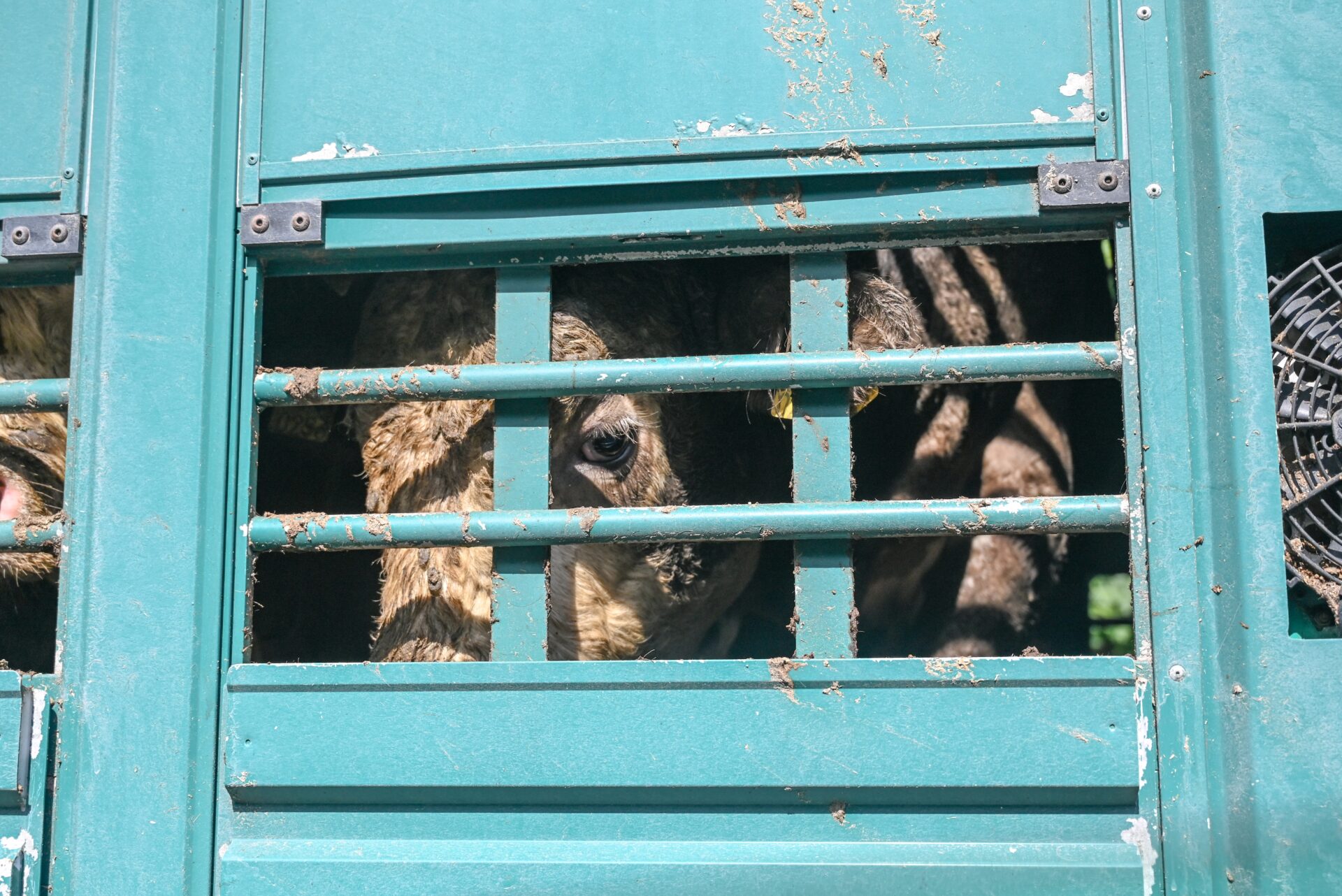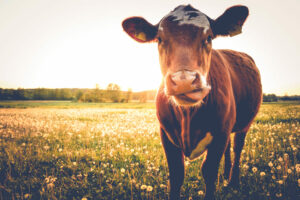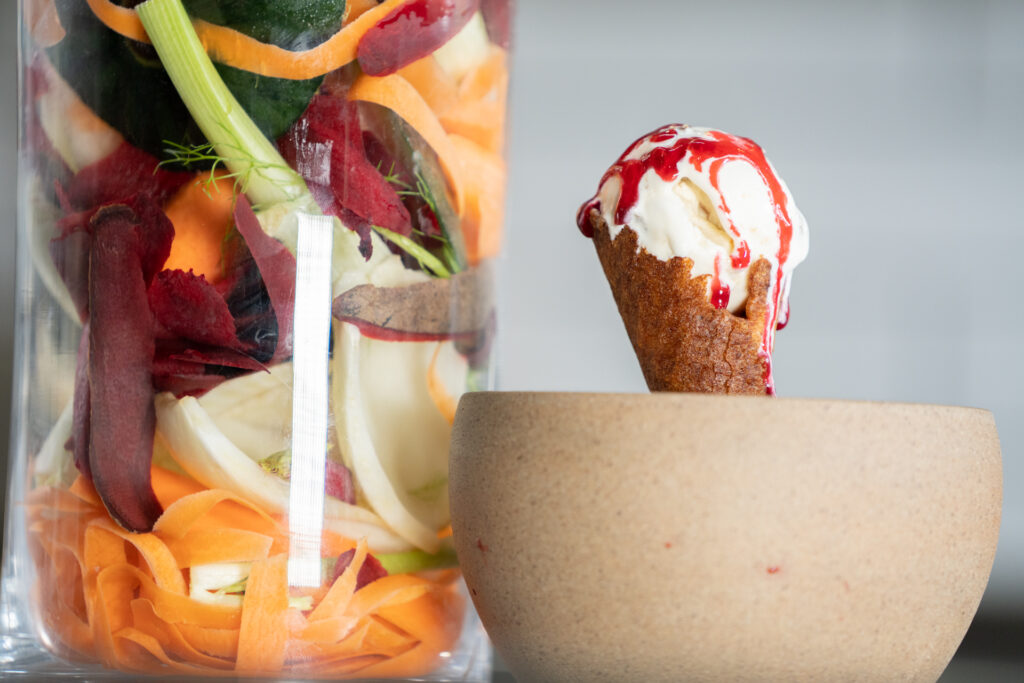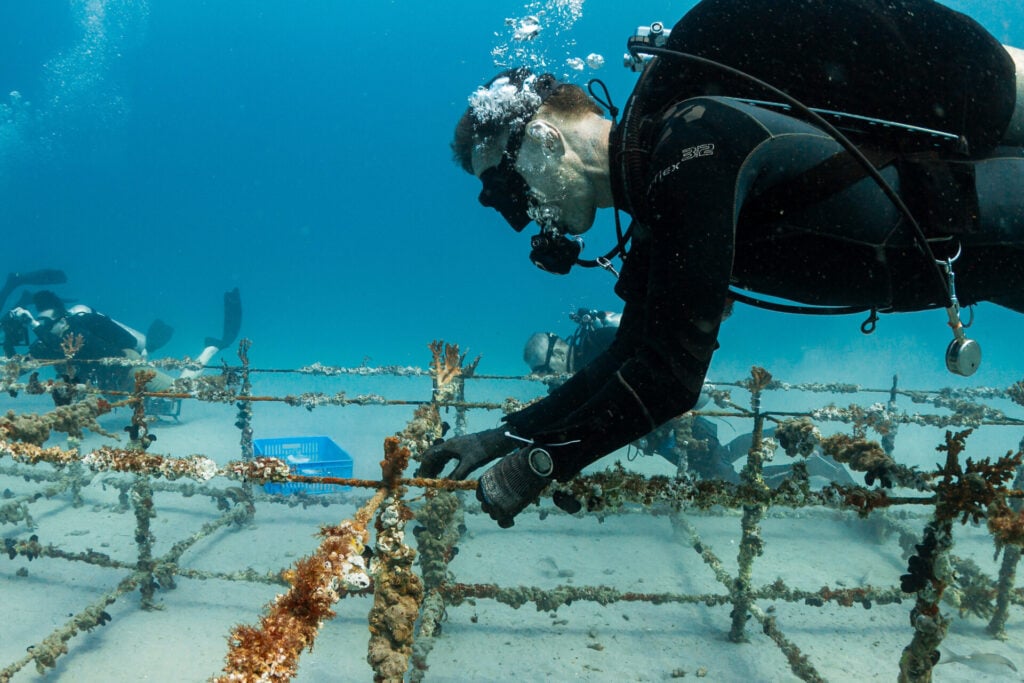The latest Business Benchmark on Farm Animal Welfare (BBFAW) reveals a stark divide in the global food industry, as a small group of companies lead the way on animal welfare while the vast majority continue to lag far behind.
While companies like Greggs PLC, Marks & Spencer, and Waitrose were praised for making farm animal welfare a core part of their business strategies, 79 per cent of the 150 companies assessed, including household names such as Nestlé and McDonald’s, remain in the bottom two tiers for the second year running.
The annual BBFAW report, backed by Compassion in World Farming (CIWF) and global animal welfare charity FOUR PAWS, ranks food companies across six tiers based on 51 criteria.
Now in its 13th year, the benchmark assesses companies on tangible outcomes such as reducing cage use, mutilations, and animal confinement. Two years ago it adopted tougher standards focusing not just on policy, but on real-world welfare outcomes and company commitments to reduce reliance on animal-sourced foods.
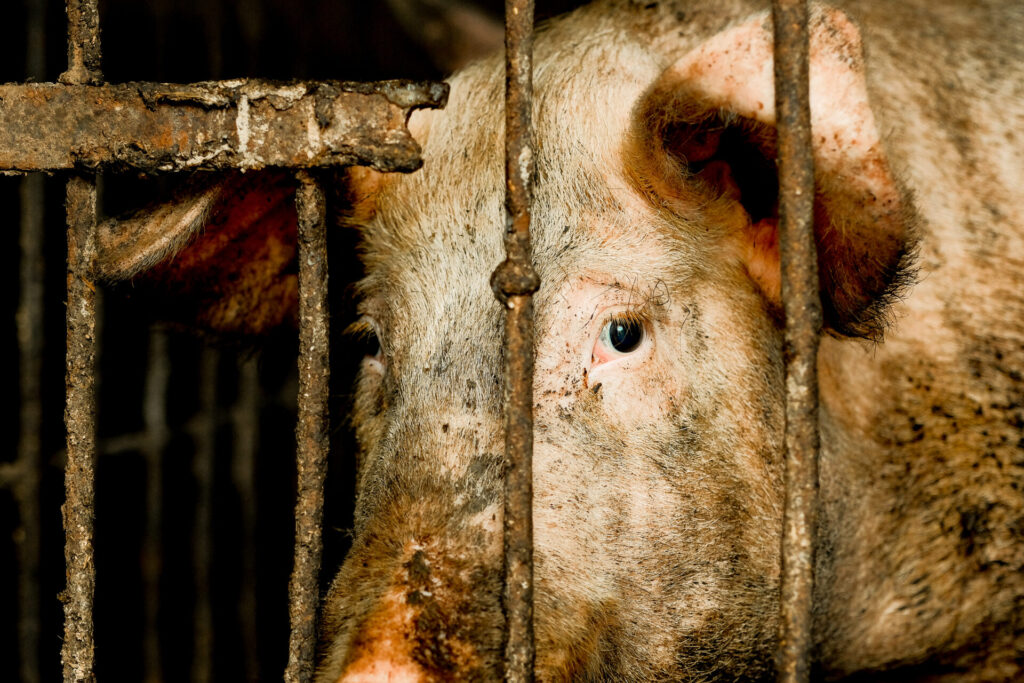
While there was some progress, with average scores improving by one percentage point and 14 companies moving up a tier, nearly 80 per cent of companies failed to demonstrate meaningful implementation of animal welfare practices.
Notably, Greggs PLC joined Tier 2, alongside M&S, Premier Foods, and Waitrose, indicating a strong integration of welfare such as providing animals with more space or using best practice methods of slaughter, into their business strategy. But 22 companies still have no published animal welfare policy at all, including Avolta AG (formerly Autogrill, the world’s leading provider of food & beverage services for travellers).
‘This is the second year of results since we introduced more stringent criteria,’ said Nicky Amos, Executive Director of BBFAW.
‘It’s encouraging to see 14 companies moving up a tier and a further 14 improving their Impact Rating…’ she continued. ‘While the leaders are picking up the pace, clearly much more needs to be done with the large majority of food companies, including many household names, stuck in BBFAW’s bottom two tiers. Too many food companies still provide limited evidence that they are managing animal welfare effectively. ‘
Encouragingly, 45 per cent now recognise animals as sentient beings, up from 36 per cent last year, reflecting a growing awareness of animal welfare ethics. However, just 29 per cent of companies acknowledge the need to reduce their reliance on animal-sourced foods.
Welfare standards for broiler chickens and pigs continue to lag behind improvements made in the egg and dairy supply chains, signalling the need for broader, more consistent progress across all species.
Animal Welfare’s Geographical Divide
The 2025 BBFAW results show a significant geographical divide in performance. UK companies top the rankings, with an average score of 41 per cent, followed by those based in Europe and Latin America (20 per cent). North American companies averaged just 12 per cent, and Asia Pacific trailed at 9 per cent.
In particular, 98 per cent of US companies landed in the bottom tiers, with none earning a high Impact Rating grade. In contrast, New Zealand-based Fonterra – with their singular focus on dairy -made significant gains, rising three grades – from ‘E’ to ‘B’- in its Impact Rating.
Amos also highlighted the ‘Atlantic Gap’, pointing to the stark contrast between the UK and North America. ‘While the UK is the highest-performing region, practically all North American companies are stuck in the bottom two tiers,’ she added.
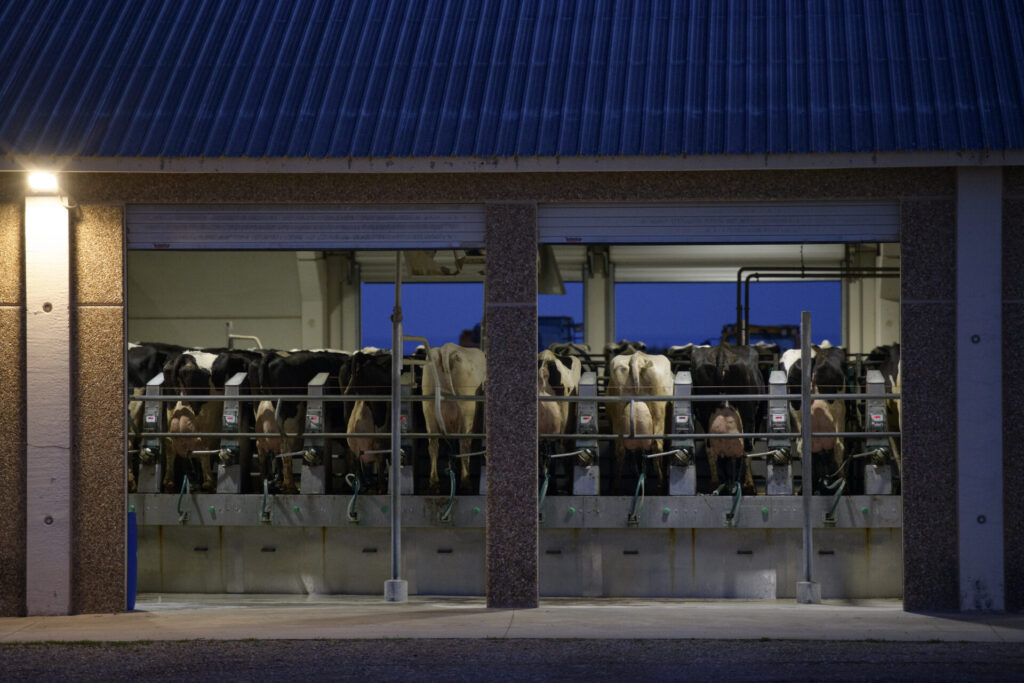
BBFAW is supported by a coalition of institutional investors managing over $2.4 trillion in assets. These investors are expected to use the benchmark’s results to engage with food companies and push for improvements in animal welfare.
‘The Business Benchmark on Animal Welfare is a unique yardstick for the market that gives investors a valuable insight into the management quality of individual food companies,’ said Robert-Alexandre Poujade, ESG analyst at BNP Paribas Asset Management.
‘It helps to shine a light on which companies are best managing not just on-the-ground animal welfare systems, but business-critical issues such as reputational risk, resilient supply chains and antimicrobial resistance.’
Only 42 per cent of companies have committed to phasing out the routine use of antibiotics, a major contributor to rising antimicrobial resistance.
‘Businesses play a critical role in transforming food systems for a more sustainable and animal welfare-friendly future,’ said Philip Lymbery, Global Chief Executive of CIWF. ‘The urgency for change will only grow. Every company has the power to drive meaningful progress by shifting to cage-free systems, diversifying protein options, and embracing regenerative farming.’
Josef Pfabigan, CEO of FOUR PAWS, echoed this, saying: ‘It’s encouraging to see a group of companies leading the way. But for many, animal welfare is still lip service. Concrete actions are urgently needed to end cruel factory farming practices.’

